Market Analysis
In-depth Analysis of Canned Alcoholic Beverages Market Industry Landscape
The canned alcoholic beverages market is experiencing dynamic changes influenced by various factors, including shifting consumer preferences, convenience, market trends, and regulatory environments. Over recent years, there has been a noticeable surge in the popularity of canned alcoholic beverages, driven largely by the convenience they offer. Canned drinks provide consumers with portability, ease of consumption, and the ability to enjoy their favorite alcoholic beverages in a variety of settings, such as outdoor events, picnics, and parties. This convenience factor has significantly contributed to the growth of the canned alcoholic beverages market.
Consumer preferences are evolving, with a notable trend towards more convenient and portable options in the alcoholic beverage space. Canned alcoholic beverages cater to this demand by offering a convenient alternative to traditional bottled drinks. Additionally, the rise of on-the-go lifestyles and outdoor activities has further fueled the demand for canned alcoholic beverages, as they allow consumers to enjoy their favorite drinks without the need for glassware or additional mixers. This trend is particularly evident among younger demographics, including millennials and Gen Z, who prioritize convenience and experience in their purchasing decisions.
Moreover, the market dynamics of canned alcoholic beverages are also influenced by changing consumer preferences for flavor variety and experimentation. Manufacturers are responding to this demand by introducing a wide range of flavors and innovative formulations in canned formats, including cocktails, hard seltzers, and flavored beers. These offerings cater to diverse taste preferences and enable consumers to explore new and exciting flavor profiles. The ability to offer unique and novel flavors has become a key competitive advantage for brands operating in the canned alcoholic beverages market.
In addition to consumer preferences, market dynamics are also shaped by regulatory environments governing the sale and distribution of alcoholic beverages. Regulations vary across regions and countries, impacting factors such as labeling requirements, alcohol content, and distribution channels. Manufacturers must navigate these regulations to ensure compliance and market access. Moreover, changes in regulatory frameworks can impact product formulations and marketing strategies, influencing the overall market dynamics of canned alcoholic beverages.
Competition within the canned alcoholic beverages market is intensifying, with both established brands and new entrants vying for market share. Key players in the market are focusing on product innovation, branding, and marketing strategies to differentiate themselves and gain a competitive edge. Innovation in packaging design, flavor offerings, and marketing campaigns are key strategies employed by brands to attract consumers and drive sales. Additionally, partnerships and collaborations with influencers, events, and retailers play a significant role in increasing brand visibility and market penetration.


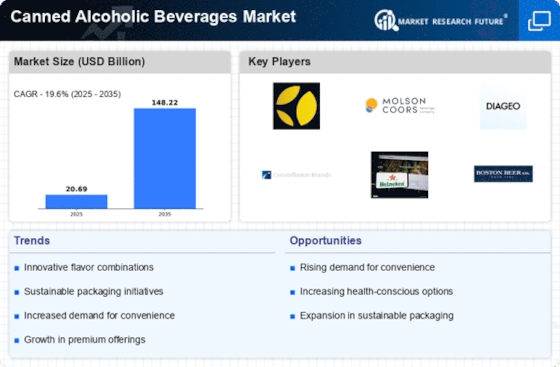
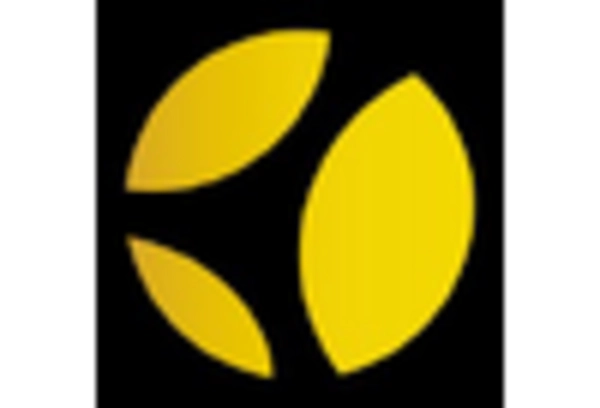
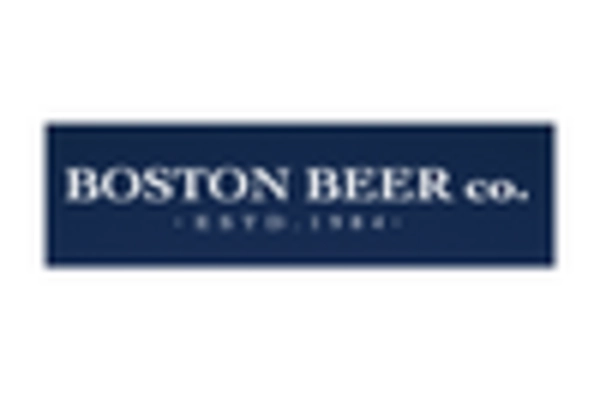
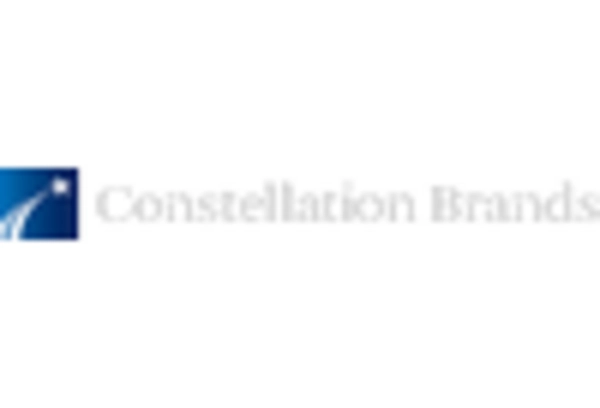
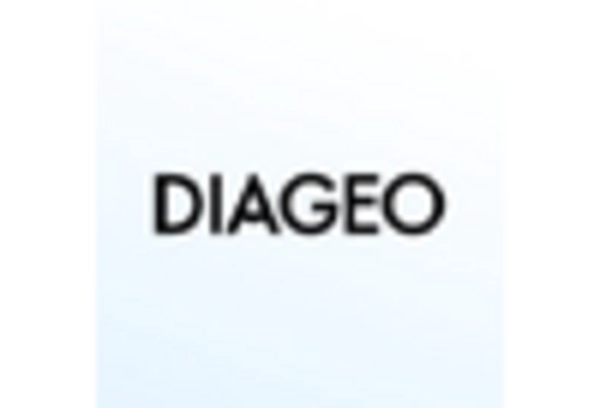
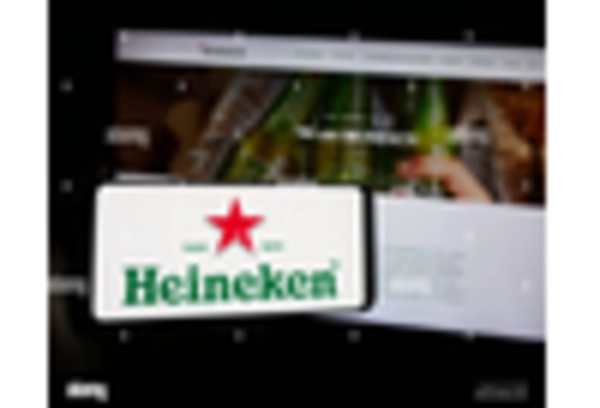
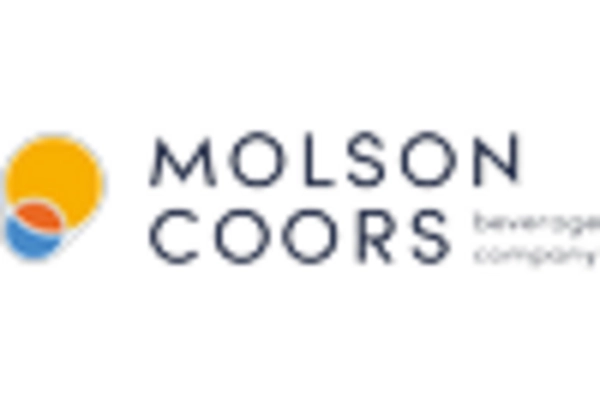









Leave a Comment